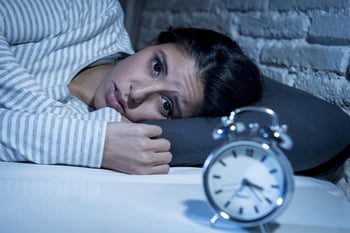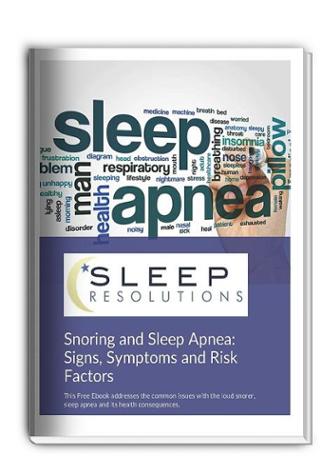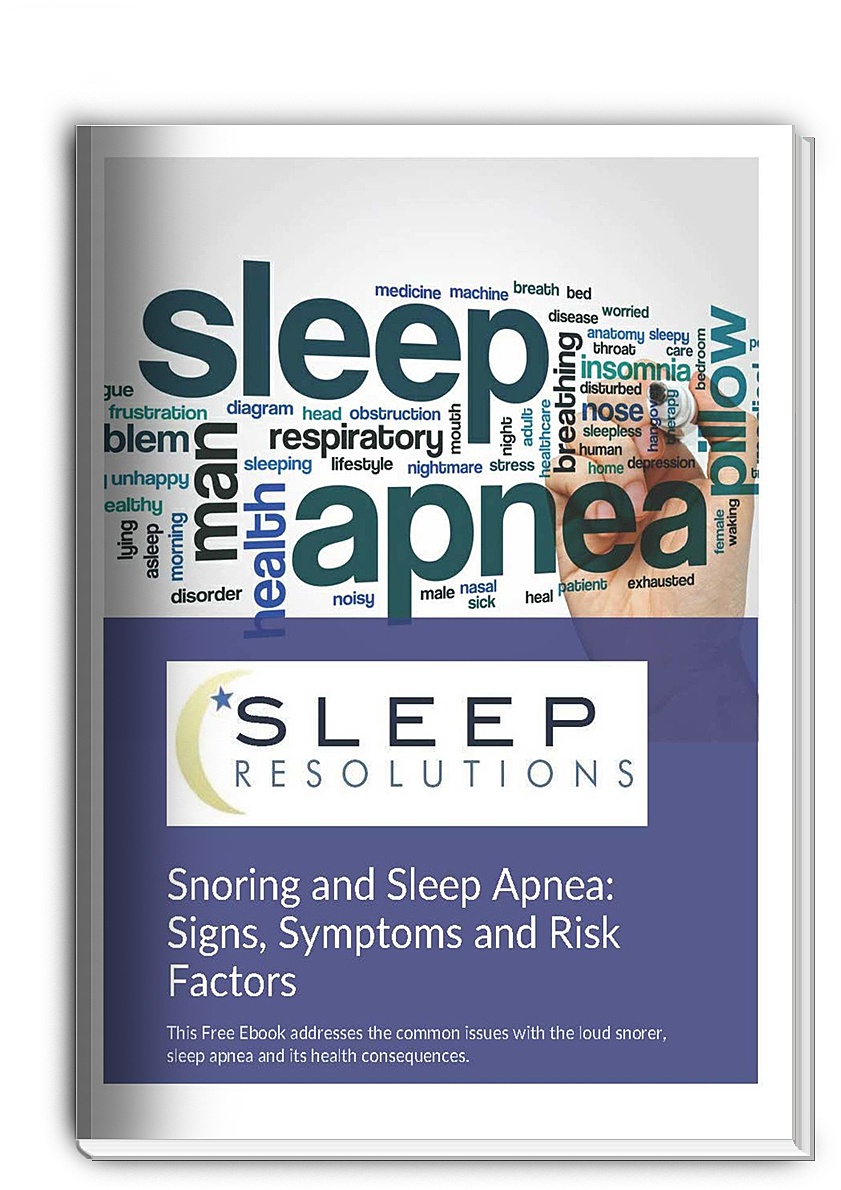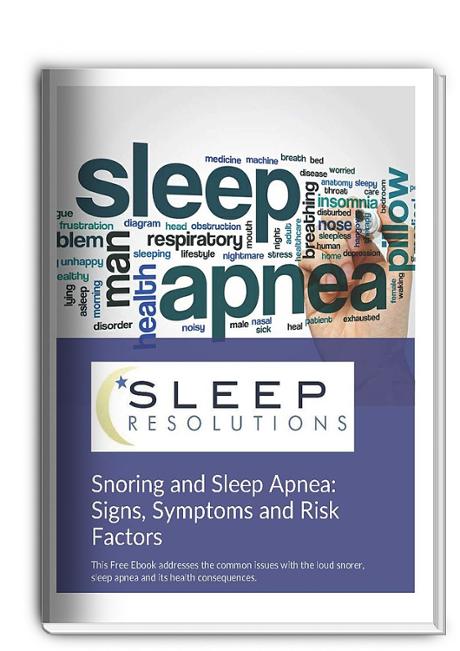 Holidays can be both joyous and stressful. Insomnia during the holidays is quite common.
Holidays can be both joyous and stressful. Insomnia during the holidays is quite common.
Normally we are busy people, and then the holidays come, bringing parties, overeating, later bed times, shopping, overspending, traveling which may bring on jet lag or long hours in the car driving, and visiting relatives you do and don’t like.
Holidays can indeed be stressful. And stress can bring on insomnia—and fatigue. Sounds like more stress and less joy.
What is Insomnia?
Insomnia is the inability (1) to fall asleep when you get into bed, (2) to fall back to sleep after waking in the middle of the night, and/or (3) to wake too early or (4) to be tired, have excessive daytime sleepiness or otherwise be dysfunctional during the day as a result of not getting enough sleep or not enough restorative and uninterrupted sleep.
Thirty percent of our population has experienced insomnia in the past year. About 50 percent of seniors have trouble with insomnia, and women are twice as likely to experience insomnia as men. In general, it is the most common sleep complaint in adults.
Insomnia is classified as either short-term insomnia or chronic insomnia. Insomnia must be recurrent for three months to be considered chronic.
Effects of Insomnia
Insomnia has several adverse effects on a person. A lack of restorative sleep affects a person both physically and psychologically. Tiredness, irritability, difficulty concentrating, behavior problems such as impulsivity or aggression, mistakes and difficulties at work or school, and conflicts with personal relationships can all occur as a result of insomnia.
Tips and Tricks to Reduce or Avoid Insomnia
Short-term insomnia invades your thoughts and prevents sleep when changes in routine, the stress of additional activities, and worry occur.
Budgeting
Some people worry during the holidays about overspending. Buying things, especially for children and other loved ones, can be exhilarating, but when you look at the pile that cost you hundreds or thousands of dollars, and that pile isn’t very big, there may be a tendency to hit the stores and buy more.
Making a budget before holiday shopping occurs and sticking to it during the shopping season may eliminate one worry and help you sleep better at night.
 Overeating
Overeating
From Thanksgiving to the end of the year, there is a cookie epidemic.
Every kind of cookie you can imagine appears out of nowhere, urging us to indulge. Not only cookies call us but everything else that has sugar and starch in it, as well as other high caloric, tasty foods. And, of course, we eat it.
Overeating and toxic foods can increase the chance of insomnia, especially if consumed in the evening. Limiting or avoiding certain types of food can reduce your risk of insomnia.
Drinking Alcohol
Imbibing during the holidays is an old tradition, and alcoholic beverages help celebrate the season. However, too much alcohol and your sleep will definitely be adversely affected. Limiting your consumption of alcohol to two drinks or less will ensure that alcohol does not put a damper on your sleep.
More than two drinks can cause you to have nightmares, insomnia in the second half of the night, obstructive sleep apnea, and waking up tired.
Exercising
Exercise is a good elixir for stress and insomnia. It helps eliminate toxins and restore your body. Exercise can be done during the d ay or in the evening. If your exercise routine is strenuous, remember that cortisol is released during exercise and may interrupt your sleep if you exercise too close to bedtime.
ay or in the evening. If your exercise routine is strenuous, remember that cortisol is released during exercise and may interrupt your sleep if you exercise too close to bedtime.
Experts suggest you finish your exercise routine at least three hours before your bedtime, earlier than that if exercise gets your system excited and you are unable to relax enough to sleep.
If you exercise during the day and do it outside, you will have the added benefit of getting more natural sunlight. This will help you keep your circadian rhythms on track and help you sleep better at night.
Napping
People who do not get enough sleep, as a result of insomnia, may want to take a nap during the day. For those who have insomnia, napping is not a good idea. It is best to stay awake which will make you more sleepy when bedtime arrives.
Light Therapy
If it is difficult to stay awake during the day, light therapy may help you to get the boost of energy you need. Light therapy should be under the direction of a physician, because if done at the wrong time of day, light therapy will worsen insomnia.
Electronic Devices
Light from electronic devices such as TVs, phones, tablets, computers, games, etc. will stimulate the brain and cause alertness. It is recommended that the use of these devices be stopped a couple hours before bedtime in order to help the brain prepare for sleep.
Pre-bedtime Ritual
Creating a daily ritual for preparing for bed can help you be relaxed and ready for bed when the time comes. A quiet activity, such as reading a book, taking a warm bath, doing something you enjoy but is not too stimulating, can do wonders for quieting your system and slowing down.
Journaling
If your mind is racing with all the things that did or didn’t happen today or with the things you have to do tomorrow, try journaling. Journaling can take different forms, but it is the writing down of what is on your mind and what is worrying you. Some people do this on a daily basis and find it quite useful.
There are those who write their worries down, then put it in a box, symbolizing that they are putting their worries away until another time, so they can sleep tonight.
Get Into a Routine
A change in routine, such as the holidays, may cause insomnia. If the holidays have you running amuck, crazy with activity, try to get back into a routine. Rescheduling tasks that do not have to be completed immediately will free up time for you to address more immediate matters.
Dealing with Rotten Relatives
If you have a person or relative who is a “thorn in your side,” but protocol dictates that you have to communicate with them during the holidays, just remember that it is just for a few hours or one day that you need to tolerate them. Don’t let them live rent free in your head—they may be a good thing for you to journal about. If you can, wish them well and let them go. You will have an increased chance of sleeping better at night.
"Me Time"
To some people “Me Time” seems like a waste of good time where they can be doing something useful. However, “me time” is very helpful for satisfying something rudimentary within us.
Always “doing” for others is tiring and unsatisfying. Just “being,” doing something you especially enjoy, if only for a few minutes, will brighten your day and relieve the stress of the day. Less stress may mean less insomnia.
Summary
Insomnia is a very personal thing. For whatever reason you cannot sleep, insomnia robs us of a quality life. Changing your behaviors, your attitudes, and your activities can go a long way at eliminating insomnia so you can enjoy a deserved and joyous holiday season.
Happy Holidays from Sleep Resolutions!
Sources:
International Classification of Sleep Disorders, v. 3, 2014
National Sleep Foundation, www.sleepfoundation.org
Image Credit:
www.shutterstock.com









Leave a comment